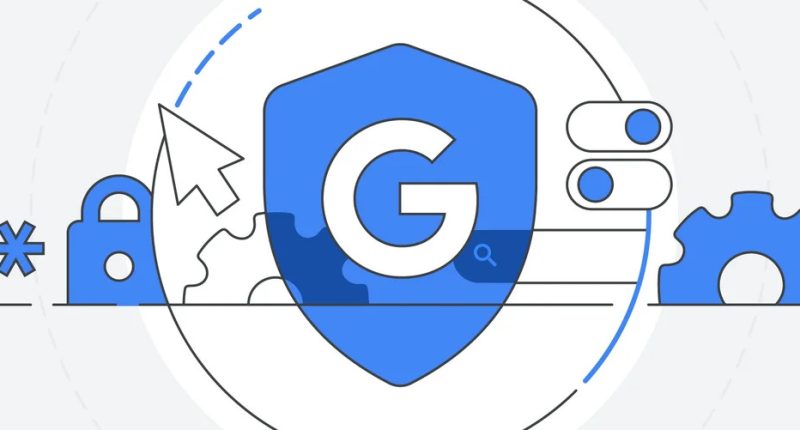Tech major Google has announced several privacy-focused updates to Search. These updates include a new dashboard that allows users to find and remove results containing their contact information, an expansion of SafeSearch blurring to protect users from explicit content, and an enhanced policy for removing explicit images of users that have been uploaded.
Coming to the dashboard, Google will now inform users when web results display their contact information on Search. Building on the “Results about you” tool launched last year, this dashboard allows users to quickly request the removal of search results containing their phone number, home address, or email.
It will also inform them when new results from the web containing their contact details pop up in Search. Accessible through the Google app by clicking on the user’s profile photo and selecting “Results about you,” the tool will initially be available in the US in English, with plans to expand to other languages and regions in the future. This is a useful feature, allowing users to proactively monitor and manage their online presence, as well as safeguarding them against potential privacy breaches and identity theft.
Building upon the safeguard that was introduced by Google earlier this year, Google is now giving users a greater degree of control, helping them protect themselves and their families from inadvertently encountering explicit imagery on Search. With the new SafeSearch blurring setting, explicit imagery — such as adult or graphic violent content — will be blurred by default when it appears in Search results. Google noted that it will roll out to users across the globe this month, ensuring a safer online experience for users.
In a similar vein, the tech titan is updating its policy to enable users to remove explicit images that they themselves uploaded to websites but no longer wish to be visible in Search. This policy complements the existing capability to request the removal of non-consensual explicit imagery from Search results. If users find their explicit content published elsewhere without approval after having deleted it from a website, they can now request its removal from Search. This policy, however, does not apply to content that users are currently commercializing.
Nonetheless, this carries significant positive implications, especially for women and vulnerable users. This feature is particularly valuable for women who have been disproportionately affected by non-consensual explicit imagery shared without their consent, commonly known as revenge porn. For women and other individuals who have faced online harassment and abuse, this measure provides a layer of protection, enabling them to navigate the digital space with greater confidence and security.
Google is also making it easier for users to access parental controls directly from the Search platform. By typing relevant queries such as “google parental controls” or “google family link,” users will receive information on how to manage their parental controls effectively. This feature aims to support families in fostering a safer digital environment for children.





